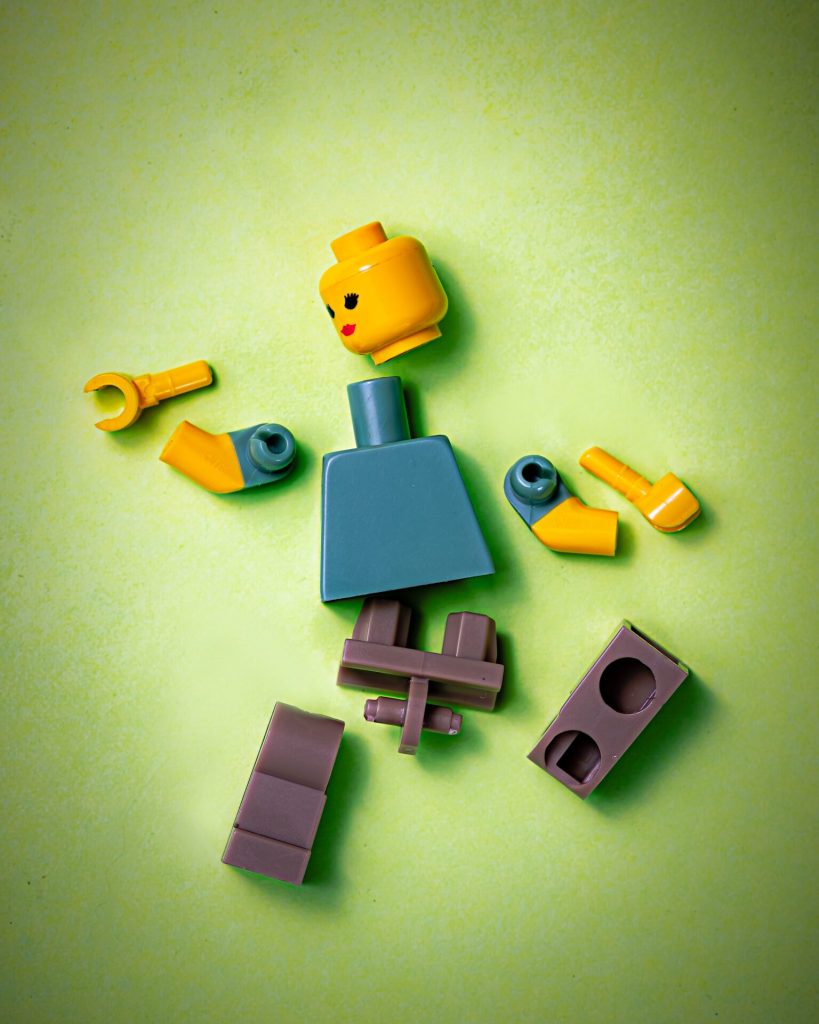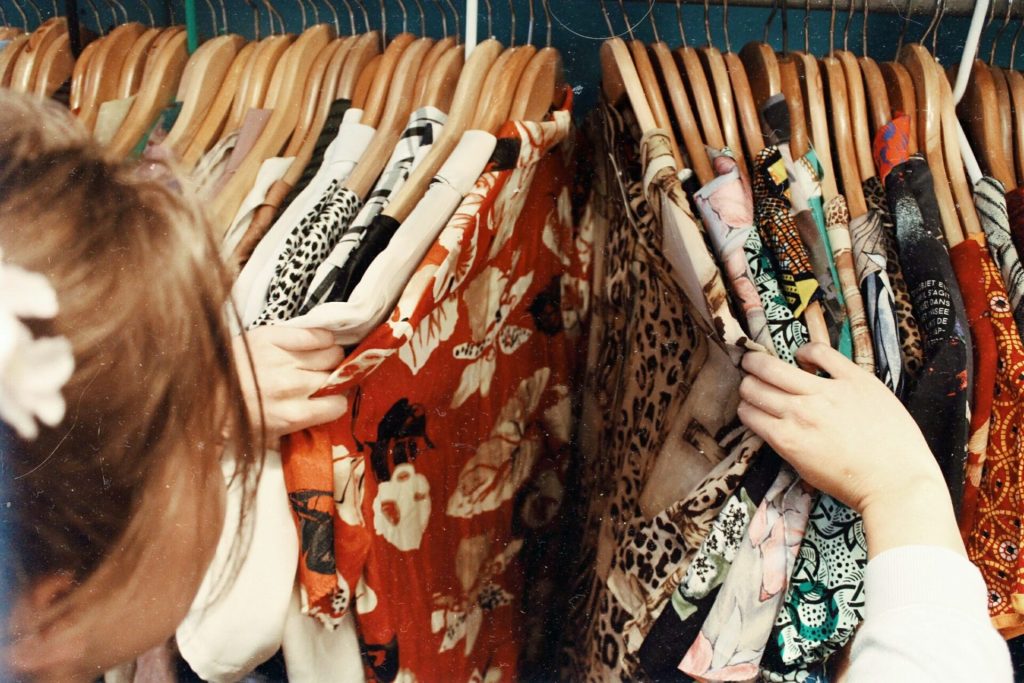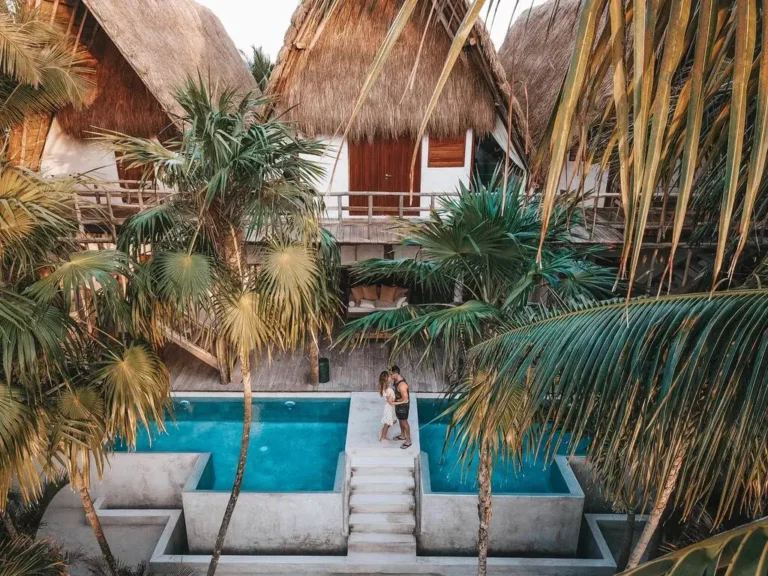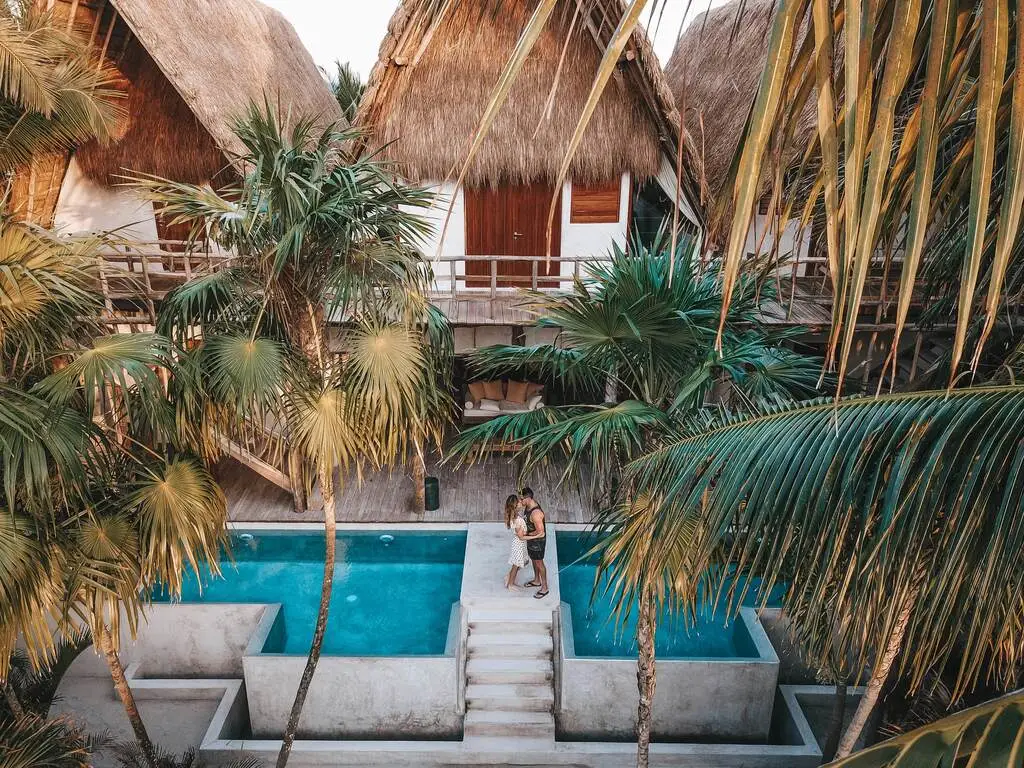Owning less stuff is good? Why? Well, when we lived the old conventional life, it was perfectly normal to own a lot. That’s how we grew up; that’s how we learned it: material things belong to status and are absolutely necessary. I know people who own entire dressing rooms, several wine refrigerators, and decorative items for every occasion.
That this excessive consumption is not only bad for the environment but also for one’s own psyche has meanwhile been scientifically proven. Why is it so bad to own a lot? How can we do better? Find out here!
Why owning less is good for your Mental Health: Science first
Previous research shows that materialistic aspirations are negatively associated with happiness and psychological health. It has been shown that spending money on life experiences makes people happier than spending money on material possessions. Thinking about experiential purchases evokes more positive feelings than thinking about material purchases.
In other words, spending money on a long-awaited expedition to Africa or an extended weekend at the lake with friends makes you happier than buying a new car or your fifth winter coat.

Interesting Scientific Facts
- According to a study by Chaplin & John (2007), there is a strong link between low self-esteem and materialism (usually derived early in childhood). That low self-esteem causes materialistic tendencies.
- Experiences give us the opportunity to share unique moments with other people, while the purchase of material items can isolate us from others.
- Excitement caused by new experiences releases endorphins and creates a state of happiness that can be increased with minimalism.
- Experiential purchases make people happier, as they are more likely to resist negative comparisons and to promote successful social relationships more strongly than material purchases.
- A chaotic environment can create a vulnerability to making unhealthy food choices, one’s mindset in that environment can either trigger or buffer against that.
When possession overwhelms
Do you have one or more pieces in your closet that still have the price tag on them? Have you ever accidentally bought something twice because you couldn’t find it in the middle of all your stuff? Then you are not alone. And that’s exactly why Marie Kondo and all minimalists have their raison d’être.
The human brain is not made for this overload. Especially for this overload of responsibility. Yes, read correctly. A lot of belongings are exhausting for your brain. Because with it comes the obligation to have the space for things (and that costs money), you have to keep it dry and maybe warm. You have to make sure it’s clean… etc. And all this for things you rarely (or maybe never?) need – or, even more extreme – whose existence you may have even forgotten. That can’t be right, can it? Ask yourself: What would your life look like if your mind had fewer things to process?

The Benefits of Minimalism
The benefits of living with fewer material items are clear:
- More physical space
- Easier to find things
- Increases your productivity
- Easier to handle
- Less financial pressure
- More focus on quality than quantity
- You appreciate the things you have more
- More time and freedom
- You’re a role model for others, especially young people
- You’re comparing less
- Better for the environment
- Focus on more important things, like experiences and social connections

Conclusion
Does minimalism make you happy? This alone probably not. But can it lead to a happier, more carefree life on a number of levels? Yes, definitely!
Since 2019, we’ve been living a life where we live out of 5 suitcases – and I’ve never been happier than I am right now.
Are you interested in starting a more minimalistic lifestyle? Let me know in the comments what you’re struggling with!
Thank you for reading and for making me part of your day! Yours, Lulu







One Response
Dear Carla, thank you for your feedback! I’m so happy the article was interesting for you. Yes, on point – you exactly describe the benefits of having less stuff. I’m glad you found out for yourself that it’s the right way to go.